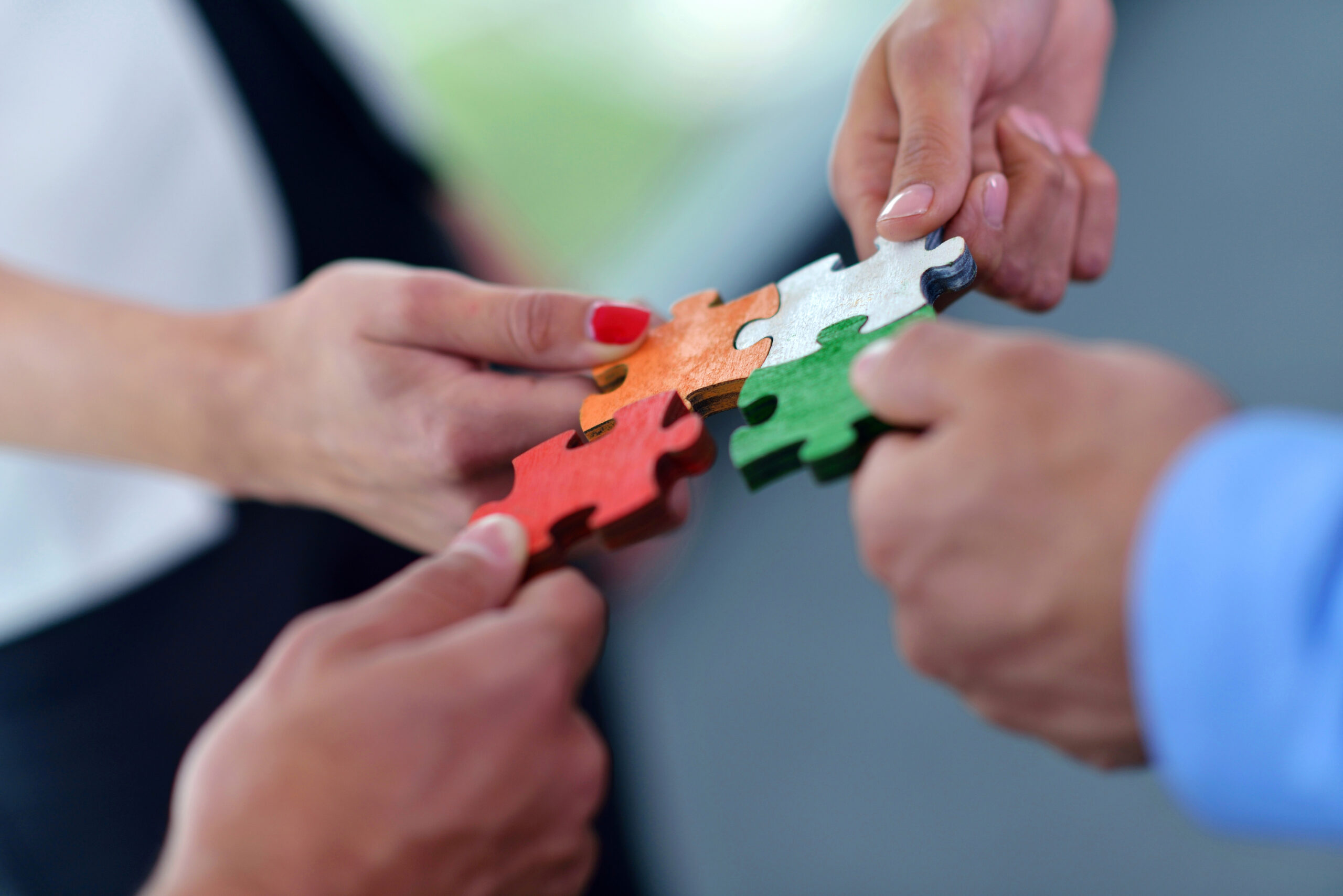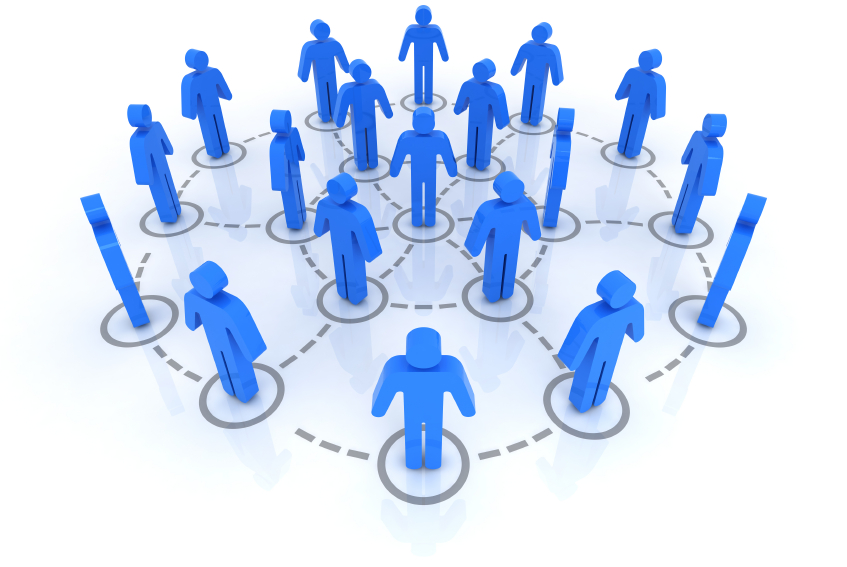If you’ve never been hypnotized, it’s an interesting experience. The world around you fades in the background (if your eyes are closed, you stop noticing sounds and smells) and your attention instead focuses on whatever world and experiences you’ve created—whether suggested by the hypnotist or by yourself. (My favorite relaxing self-hypnosis experience is to be transported to a small deserted island with tropical plants, shade, a pleasant breeze, and a hammock.) As your trance state deepens, your senses experience the trance world, and your brain, on some level, registers the experience as if it were real.
In fact, it is precisely because your brain, your mind, register it as real that hypnosis is an effective treatment for phobias. For instance, I’ve used hypnosis to help treat people with fears of flying. In the trance state, they imagined being on a plane as vividly as possible. When leaving my office, they knew that they hadn’t actually been on a plane, but at the same time felt that they’d faced their fears about flying, and had come close to actually flying. They felt better prepared and confident they could do it “in real life.” And they did.
They held both perspectives simultaneously: that they’d been on a plane but also that their bodies had actually been in my office. A duality of experience is typical of the hypnotic state. In fact, it may be what leads some people to think they’re not hypnotized—because they know, while hypnotized, that their bodies are not where their minds are during trance.
This duality can also arise with lucid dreaming—those moments when are dreams feel so real and at the same time, we know that we’re dreaming (and may even be able to direct our dreams rather than have them unfold without our control).
Yet another phenomenon that gives rise to this type of duality is immersive virtual reality (VR)—the one with the headset. When in the headset, of course you know that you’re in a headset, but the rest of your mind is fully engaged in what you are experiencing in the virtual world. We know from neuroimaging studies that both VR and hypnosis experiences “register” in your brain as if they were real, alongside the knowledge that they’re not real in the sense that your body isn’t actually located in the trance/VR setting. Which leads to some existential questions about the nature of reality.
If your mind and brain, on some level, register an experience as real, what does it mean for an outsider to say that it wasn’t real? If, in virtual reality, you have the experience of being seated in the front row of a production of Hamilton, you did see Hamilton—better than most theatergoers! But yet would others agree that you saw it? Or in VR you learned to pilot a boat or plane. Or a VR trip to Paris: you see the Eiffel Tower, Notre Dame, a boat ride on the Seine. No meals on these trips, but hey it’s a pandemic so we wouldn’t be eating inside a restaurant anyway. In a couple of years, you may forget that it was VR and if someone asks if you went to Paris, you say yes. Did you go? If you’re left with similar memories as an actual tourist, what does the difference mean?
One possible impactful—versus fun—experience is to use virtual reality to step into the shoes of someone else—literally, and experience their lives through their eyes. Or, as Mary Lathrap said in her 1895 poem, “just walk a mile in his moccasins.” In this respect, virtual reality substantively differs from hypnosis. With hypnosis—whatever you can imagine you can experience in hypnotic trance. With virtual reality, you can have experiences you couldn’t necessarily imagine. Well, maybe you could imagine them, but not as clearly or as well.
For many of us in these COVID times who are hungering for new experiences, to be out in the world, to understand better people from different demographic groups, or to be anywhere but their home as they shelter in place, these experiences can provide a respite from the narrowness of our world. And VR is the one most able to give you “accurate” experiences of the world outside the confines of your COVID world.
Latest posts by Robin Rosenberg (see all)
- Remote Civility: Adapting Employees To Working-At-Home Relationships - November 8, 2023
- Before There Was Virtual Reality, There Was Hypnosis - August 25, 2020













